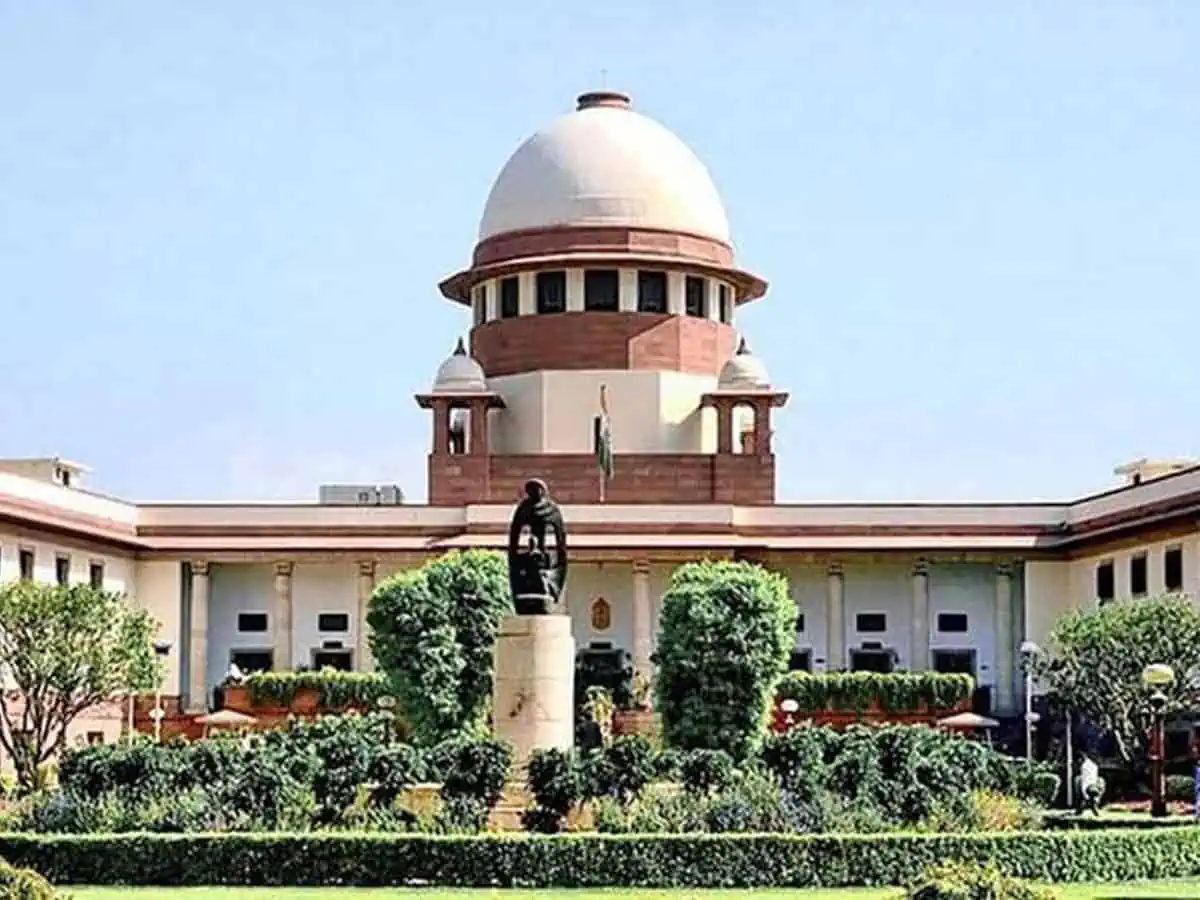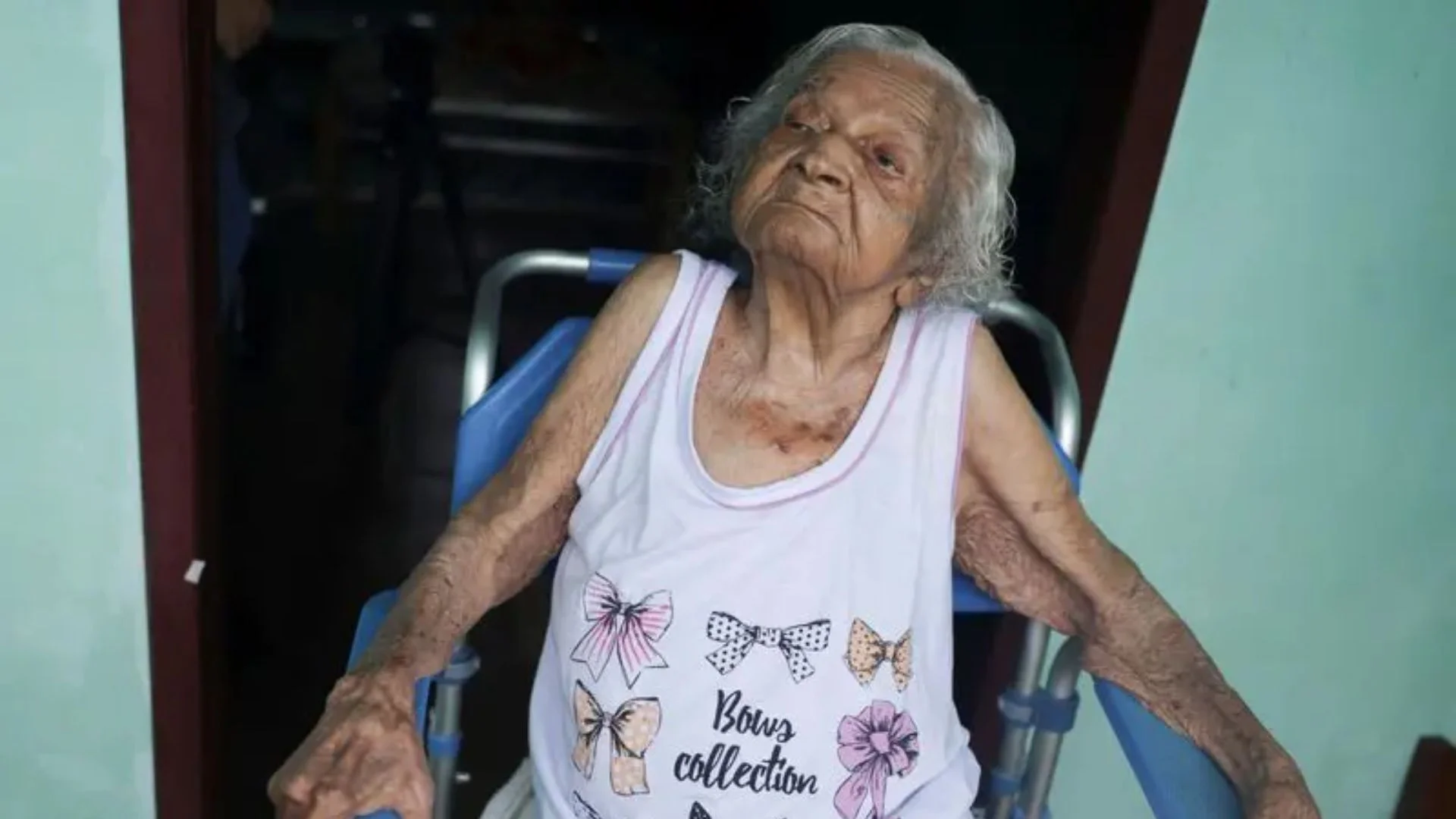The Supreme Court on Friday refused to entertain a plea filed by an advocate seeking the urgent and time-bound implementation of the women’s reservation law, ensuring a 33 per cent quota for women in the upcoming Lok Sabha polls.
A bench of Justices Sanjiv Khanna and Dipankar Datta, nevertheless, provided liberty to advocate Yogamaya MG to file an intervention petition in an ongoing Public Interest Litigation (PIL) initiated by Congress leader Jaya Thakur.
“We don’t want multiplicity of litigation in the matter. You file an intervention application in the petition filed by Jaya Thakur,” stated the bench.
Counsel representing Yogamaya requested the court to permit the petitioner to withdraw the plea. The bench agreed to the submission and allowed the withdrawal. Thakur’s plea is anticipated to be listed on January 16.
Yogamaya’s petition contended that there is an urgent need for the timely implementation of the new law in the upcoming general elections. It emphasized that without prompt action, the intended benefits for women in the political sphere would be lost.
“The Women’s Reservation Act, 2023 was passed with uncertainty in its implementation. The petitioner seeks the intervention of this court to ensure that the Constitutional mandate of fair representation for women is expeditiously realized,” the petition stated.
Officially referred to as Nari Shakti Vandan Adhiniyam, the law mandates the reservation of one-third of the seats in the Lok Sabha and all state assemblies for women. However, immediate implementation is not envisaged. It will be enforced after a new census is conducted, based on which delimitation will be undertaken to reserve seats for women.

















